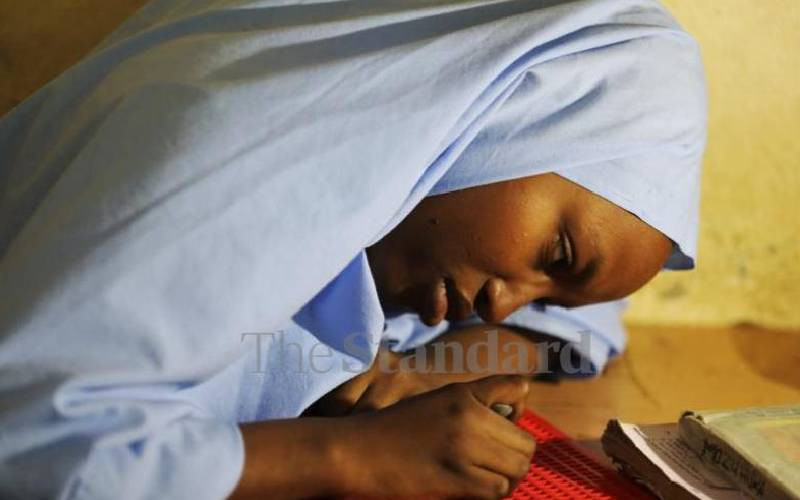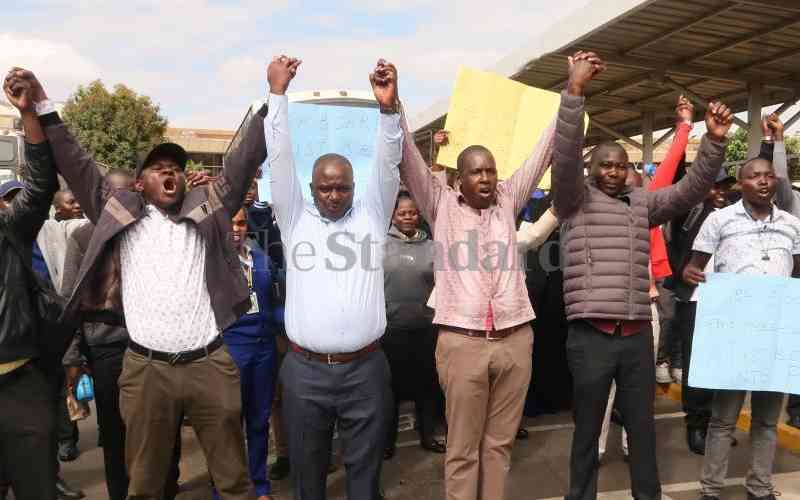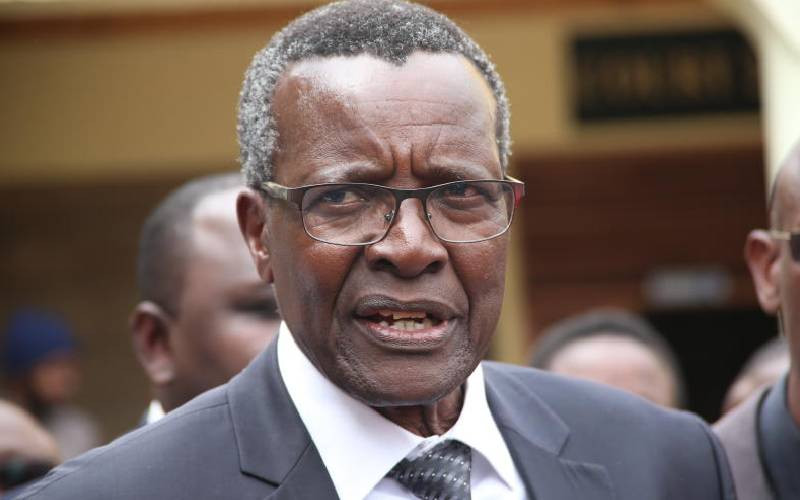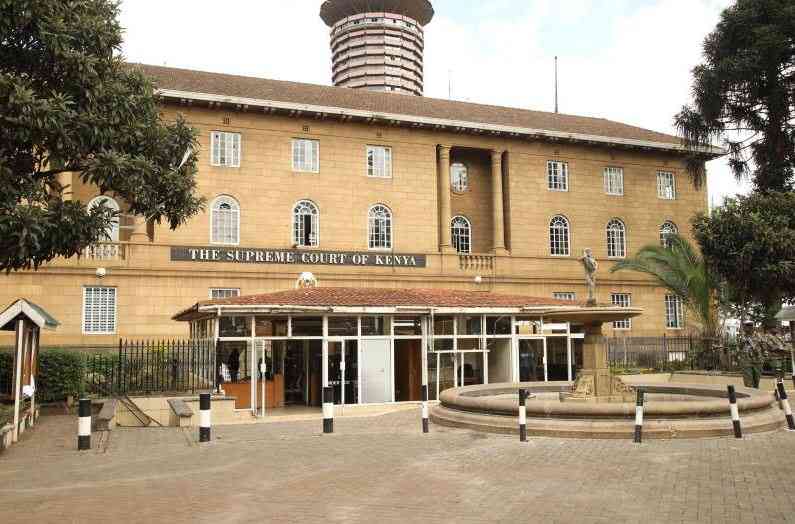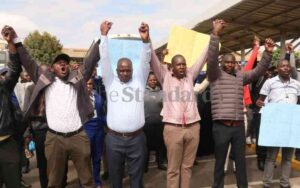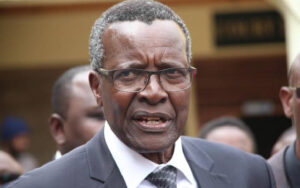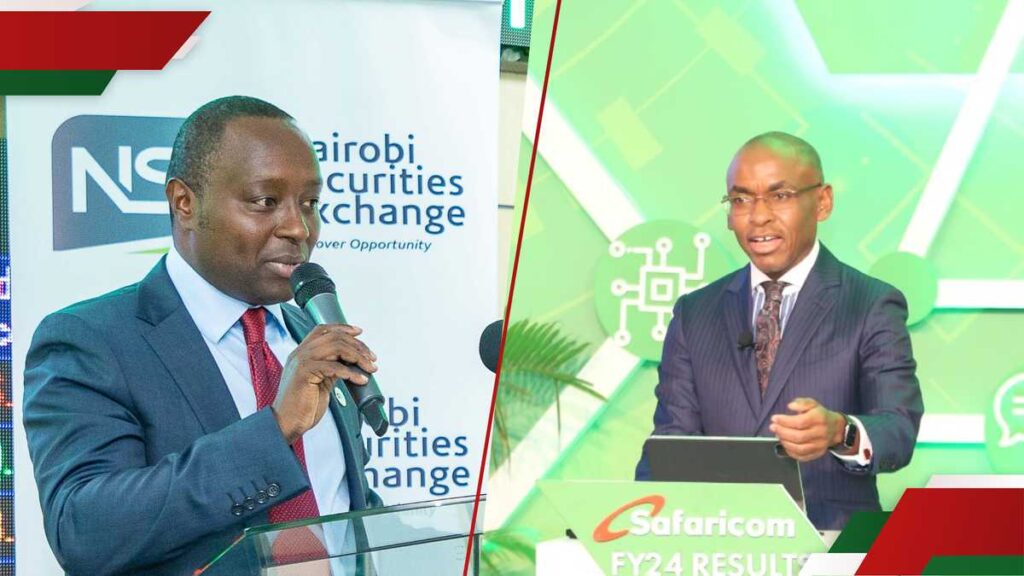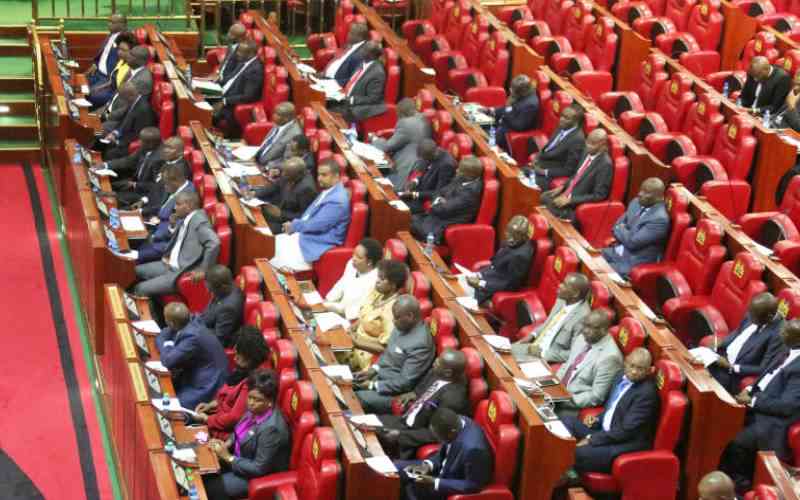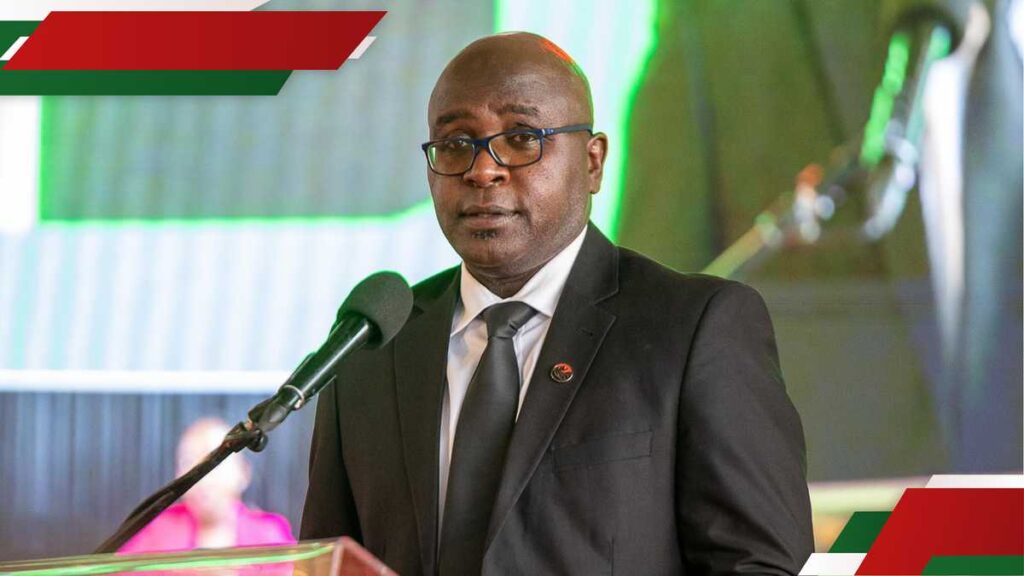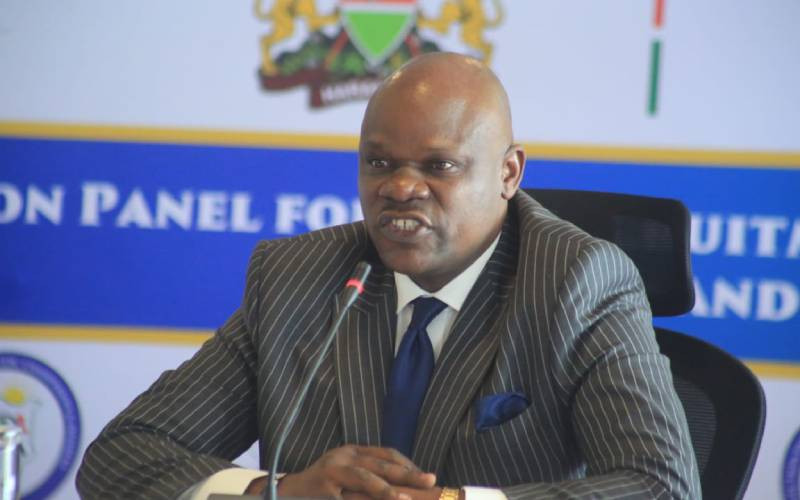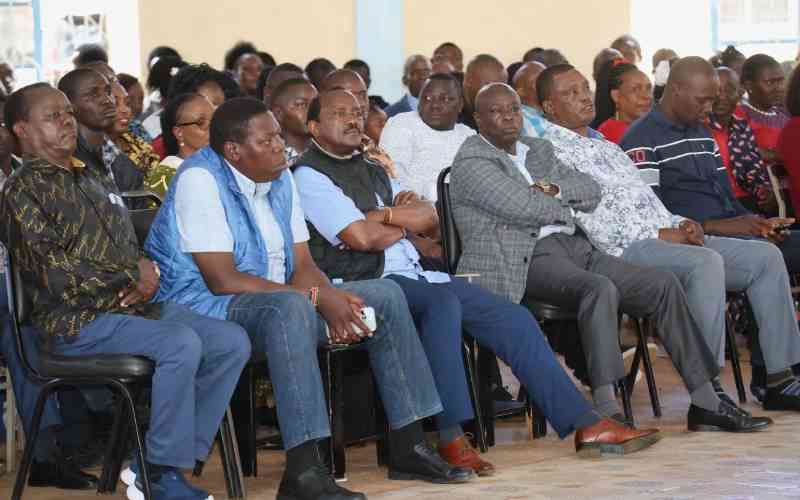For those who are married, the 15th anniversary is symbolised by crystal—a milestone that represents beauty, clarity, and sparkle.
If blessed with children, turning 15 often marks the threshold of adulthood—a pivotal period for developing values and habits that shape one’s outlook on life.
Kenya’s 2010 Constitution is now 15 years old. Born of a prolonged struggle for democracy and human rights, its impact is still reverberating through Kenya’s legal and political landscape. In hindsight, several individuals, including judges, note that the supreme law possesses a certain sparkle—having introduced clarity and institutional sanity to the country.
Supreme Court Judge Isaac Lenaola, a pioneer of the Constitution Division Court following the 2010 enactment, observes that High Court rulings have significantly enhanced public awareness of the Bill of Rights enshrined in Chapter Four of the Constitution.
Justice Lenaola, along with Justices Mumbi Ngugi (Court of Appeal), Prof Joel Ngugi (Court of Appeal), John Mativo (Court of Appeal), Hedwig Ong’undi (High Court), and Weldon Korir (Court of Appeal), are regarded as the vanguard of the interpretation and application of Kenya’s second Constitution.
They established foundational principles around social and economic rights, the independence of institutions, freedoms of expression and assembly, healthcare rights, economic policy, separation of powers, and government accountability for historical excesses under the 1963 Constitution.
Other judges who contributed to building this jurisprudential framework include Justices Roselyn Aburili (High Court), George Odunga (Court of Appeal), Jairus Ngaah (High Court) and Pauline Nyamweya (Court of Appeal).
Among their landmark rulings were decisions on compensation for ex-Air Force officers affected by the failed 1982 coup, legal recognition of surrogacy, police detention limits, the two-thirds gender rule, a child’s right to a father’s name, and reforms in election processes, among others.
Additionally, the 2010 Constitution ushered in the recognition of environmental rights and labour protections.
It also led to the establishment of specialised courts such as the Environment Court, Labour Court, Anti-Corruption Court, and more recently, the Sexual and Gender-Based Violence (SGBV) Court.
“Thanks to the robust and progressive interpretation of the Constitution by our courts, Kenyans have come to appreciate the full breadth of the Bill of Rights,” said Justice Lenaola.
He added: “We opened legal ground for compensation for constitutional violations, such as in the Air Force case. The courts have shaped norms such as requiring those arrested to be presented in court promptly. The Bill of Rights is a tremendous gain.”
Justice Lenaola also credited the Constitution with transforming Kenya’s contentious electoral process. He cited the April 7, 2017 judgment by Justices Aggrey Muchelule, Weldon Korir, and Chacha Mwita as having resolved a long-standing electoral issue.
In that case—filed by Maina Kiai, Khelef Khalifa, Tirop Kitur, Katiba Institute, and the Coalition for Reforms and Democracy (CORD) against the Attorney General and the Independent Electoral and Boundaries Commission (IEBC)—the court ruled on whether results declared by returning officers at polling stations were final.
Stay informed. Subscribe to our newsletter
The court found that Sections 39(2) and (3) of the Elections Act, 2011, and Regulation 87(2)(c) of the Elections (General) Regulations, 2012, were unconstitutional for allowing the IEBC to alter results from polling stations.
The Court of Appeal upheld the decision, with Justices Asike Makhandia, William Ouko (now a Supreme Court judge), Kathurima M’Inoti, and Agnes Murgor ruling that the IEBC Chairperson lacked the constitutional authority to revise polling station results.
The appellate bench concluded: “There is no doubt from the legal framework we have considered that the people of Kenya did not intend to concentrate such sweeping powers in one individual—the chairperson of the IEBC. The Commission must execute its grave responsibility with absolute integrity and impartiality.”
Justice Lenaola noted, “The Maina Kiai case became a benchmark on the finality of polling station results. That was a huge win for electoral justice.”
He also highlighted reforms within the Judiciary itself, noting that judicial appointments are now more transparent. “We are seeking judges who are both qualified and courageous,” he said.
However, Justice Lenaola expressed concern over growing hostility towards the Judiciary.
“Freedoms enshrined in the Constitution have emboldened court users to attack judges, not just verbally but in ways that challenge their independence. The Judicial Service Commission (JSC) must maintain impartiality—both for judges and those who bring complaints,” he added.
Justice Odunga termed the 2010 Constitution “the most meaningful and valuable document the country has.” Still, he acknowledged implementation challenges: “If fully implemented, it would resolve many of our national problems.”
Law Society of Kenya Deputy President Mwaura Kabata echoed these sentiments, stating that although Kenya has progressed since 2010, threats to constitutional gains persist.
“Our progressive 2010 Katiba has not only been under threat but deserves our unwavering defence. We are in a far better place than we were,” Kabata said.
Former Chief Justice Willy Mutunga agreed, saying: “We have a transformative Constitution that lays a foundation for revolutionary reform. Sadly, our political leadership is not committed to its implementation.”
As Kenyans mark the 15th anniversary of the Constitution, Mutunga observed: “The people remain committed to its implementation and will continue to resist domestic and foreign interests that seek to hold our Constitution hostage. The people’s victory is inevitable.”
Senior advocate Paul Muite concurred but blamed Presidents Mwai Kibaki, Uhuru Kenyatta, and William Ruto for lacklustre implementation.
“Ratification by nearly 70 per cent of Kenyans remains a historic milestone. But lack of commitment by successive presidents has been a major hindrance,” Muite said.
He pointed to the presence of Sudanese President Omar al-Bashir—wanted by the ICC—at the 2010 promulgation ceremony as an early signal of contradictions.
Muite noted continuing constitutional violations, including extrajudicial executions and financial mismanagement: “The amendment of Article 206 through an ordinary Act—the Public Finance Act—was unconstitutional. It opened avenues for public funds like Eurobond proceeds to be stashed in accounts inaccessible to the Auditor General.”
Nonetheless, he emphasised that one of the greatest gains has been the empowerment of citizens, who now openly question the executive over taxes and debt.
“We need faithful implementation of the 2010 Constitution—before entertaining any amendment talk. What we lack is accountability. Independent institutions must be protected from executive capture,” he said.
Former Attorney General Githu Muigai cited devolution as the most tangible gain from the 2010 Constitution. However, he warned that its full potential remains unrealised due to patronage politics, weak oversight, and limited civic participation.
Chief Justice Martha Koome described the past 15 years as a period of pride for the Judiciary. She highlighted reforms such as the multi-door approach to dispute resolution and the establishment of Small Claims Courts.
However, she cited persistent underfunding and emerging threats like cyberbullying and disinformation campaigns against judicial officers.
“With less than one per cent of the national budget—far below the recommended three per cent—our capacity for digitisation, infrastructure development, and service delivery is severely constrained,” Koome said. “Justice must be treated as a public good, like health or education.”
Lawyer Paul Nyamodi encapsulated the Constitution’s legacy by arguing that it represents solutions to Kenya’s past problems.
He cited Article 87, which removed the need to personally serve a presidential election petition—previously a near-impossible task.
“You can imagine having to go to State House to serve the President. Now, a simple newspaper notice suffices,” he remarked.
He also noted that the old Constitution was too easily amended. The 2010 document introduced tougher amendment procedures—a fact underscored by the failed Building Bridges Initiative (BBI).
“Ultimately, the meaning of the Constitution comes alive through judicial interpretation,” said Nyamodi. “If the courts fail to evolve with changing times, the Constitution risks becoming irrelevant.”



